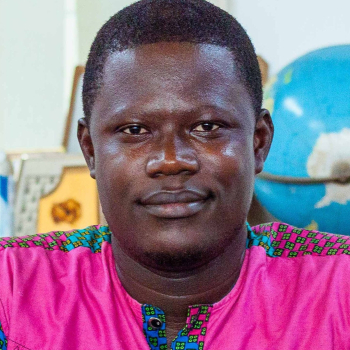Alternative travel mode for commuters with disability in Accra : The lived experiences of Uber and taxi users.

| pkwameodame@uew.edu.gh |
Alternative travel mode for commuters with disability in Accra : The lived experiences of Uber and taxi users.
This paper explores the alternative travel mode choice among persons with disabilities (PWDs) in the city of Accra. With a limitation in the ownership of private cars among PWDs, public transport plays a critical role in connecting them to various life enhancing opportunities. Despite its importance, the unresponsive nature of Ghana’s public transport services and poor attitudes towards the disability community have induced the need for a reliable alternative travel mode hence the need to examine factors that influence this trend in Accra. Using a qualitative research design, this study engaged 28 visually and 22 physically impaired participants through convenience sampling and snowballing. Findings revealed that the lower fees charged for conventional public transport services informed their patronage but the ease, convenience, exclusive services and the friendly reception from Uber drivers remained the key attraction for the increasing trend in their patronage of such services. Unfortunately, higher fees associated with Uber services translated to few trips and fewer social en- gagements. The study recommends an overhaul of Ghana’s public transport system by ensuring strict compliance to the transport provision of Ghana’s Disability Act given its potential to increase PWDs’ travel options as seen in the enjoyment of lower transport fares.
